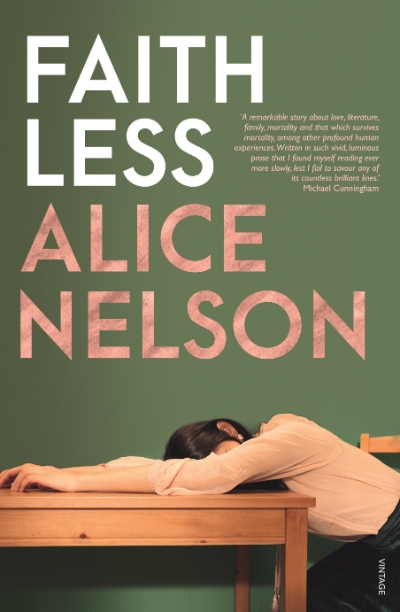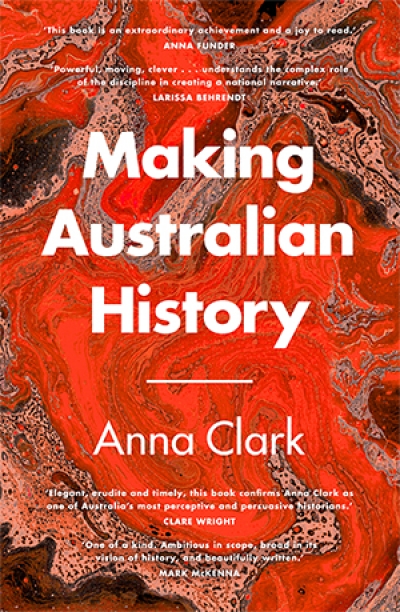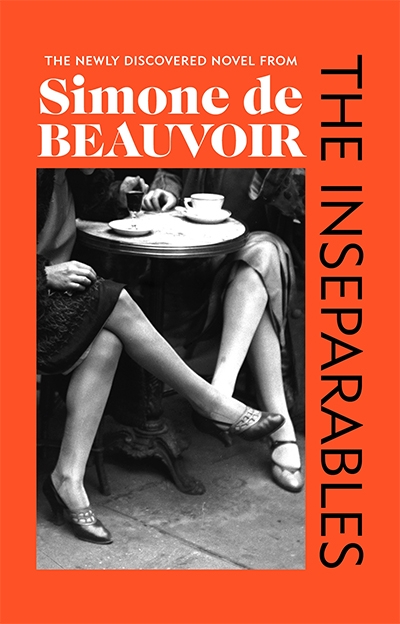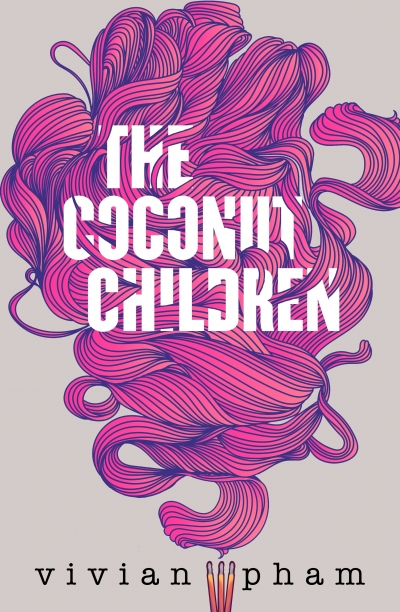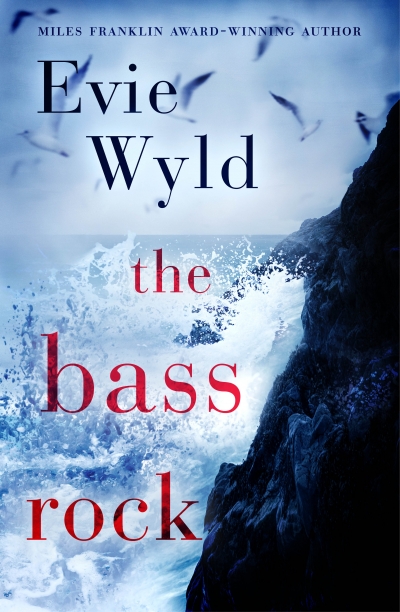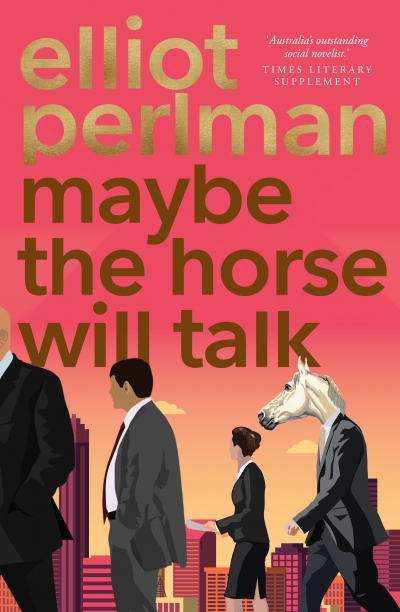Vintage
ART
Contemporary Aboriginal Art: A guide to the rebirth of an ancient culture
by Susan McCulloch
Allen & Unwin, 248 pp, $39.95 pb
1 86508 305 4
Contemporary Aboriginal Art (first published in 1999) contains a wealth of information for those interested in the history, practice, and culture of Aboriginal art. By its very nature, Aboriginal art is constantly changing and evolving, and, in this revised edition, Susan McCulloch details new developments in already well-established communities, and the emergence of some entirely new movements. McCulloch, visual arts writer for The Australian, has travelled extensively to the Kimberley, Central Australia, Arnhem Land and Far North Queensland, and her book provides first-hand accounts of Aboriginal artists and the works they are creating.
Beautifully illustrated, Contemporary Aboriginal Art also contains a comprehensive directory of art centres and galleries, a buyer’s guide, and a listing of recommended readings.
... (read more)The Burnished Sun (UQP, $29.99 pb, 288 pp) by Mirandi Riwoe, Danged Black Thing (Transit Lounge, $29.99 pb, 240 pp) by Eugen Bacon, and Sadvertising (Vintage, $32.99 pb, 298 pp) by Ennis Ćehić are powerful, inventive, and self-assured short story collections that traverse fractured and contested ground through their often displaced and alienated narrators.
... (read more)The Inseparables by Simone de Beauvoir, translated by Lauren Elkin
By the end of Hugh Breakey’s The Beautiful Fall (Text, $32.99 pb, 349 pp), it is hard to remember that the prologue hinted at stimulating possibilities. In it, Robbie’s past self writes to his present one, explaining that he suffers from recurring amnesia, which strikes every 179 days. Readers could be mistaken for thinking they are in for meditations on time and memory, maybe even on the meaning of a life lived episodically. When it is revealed that Robbie is building an intricate arrangement of 83,790 dominoes in his living room, readers might even imagine a novel that touches on metaphysical themes in the vein of Jorge Luis Borges.
... (read more)
